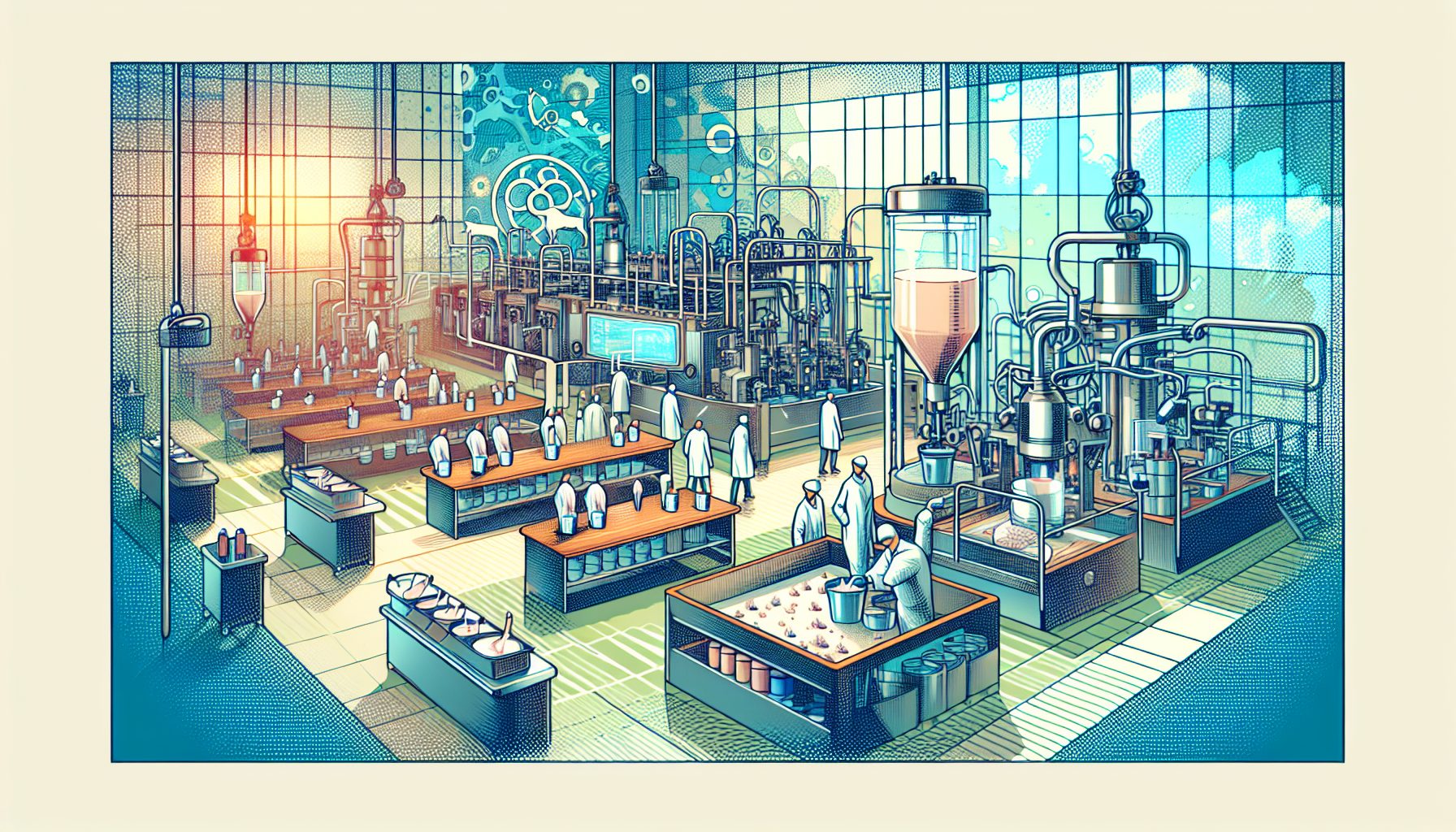Alpine Bio, a San Francisco-based start-up previously known as Nobell Foods, is aiming to revolutionize the food industry. Founded by Magi Richani in 2016, the company has garnered its 10th US patent and focuses on molecular farming.
Its innovation? Using gene-editing techniques to create animal-free dairy proteins. Alpine Bio creates products that emulate the taste, texture, and nutritional value of traditional dairy but eliminate the environmental impact. Now, they’re pushing their research even further to secure regulatory approval and move their product to market.
Initially, Alpine Bio, under its old name Nobell Foods, focused on creating animal-free casein cheeses. The company has since broadened its scope and is currently on a mission to develop 15 distinct proteins. These proteins could be applied across many plant species.
First, the company plans to introduce their cheese products to the market.
Alpine Bio’s strides in animal-free dairy production
Ultimately, they hope to offer plant-originated casein under the Alpine Bio brand, opening accessibility to everyone.
The research doesn’t stop there; Alpine Bio is working on a project to genetically modify soybeans for natural casein production. By introducing DNA sequences from cows into the plant genome, it’s theorized that dairy products could be produced from crops, eliminating the need for cows.
This biotechnological approach could reduce the environmental impact of traditional dairy farming and help combat antibiotic resistance from livestock use. However, it isn’t without challenges. Ensuring the introduced DNA does not disrupt essential processes within the soybean is crucial. Thus, Alpine Bio is rigorously testing the safety and effect of these modifications.
Alongside genetic modification, the company also developed a method to restrain proteases, enzymes that disrupt casein breakdown. This improves digestion, increasing efficiency in protein extraction which could have implications in the food and biotechnology industries.
Lastly, Alpine Bio’s most recent patent focuses not just on protein creation but their integration into food items. Any entity investing in recreating these proteins will need to navigate the company’s intellectual property vault, emphasizing Alpine Bio’s commitment not just to innovation, but to the protection of their proprietary processes and technology.









